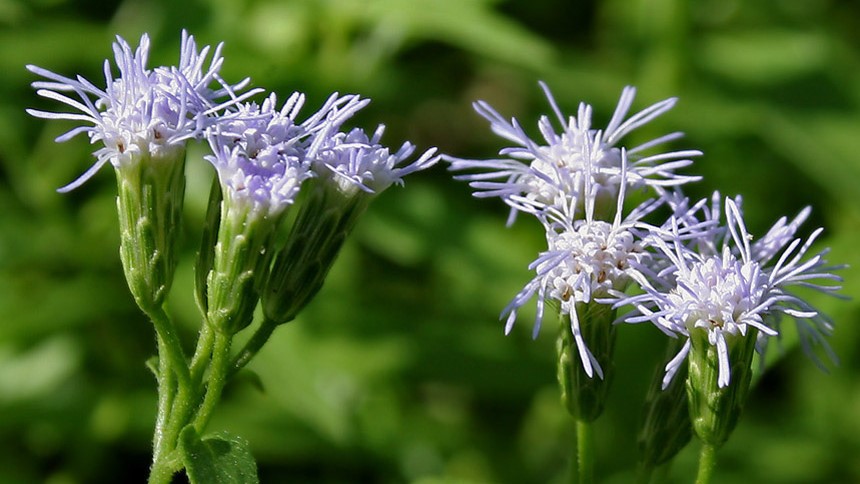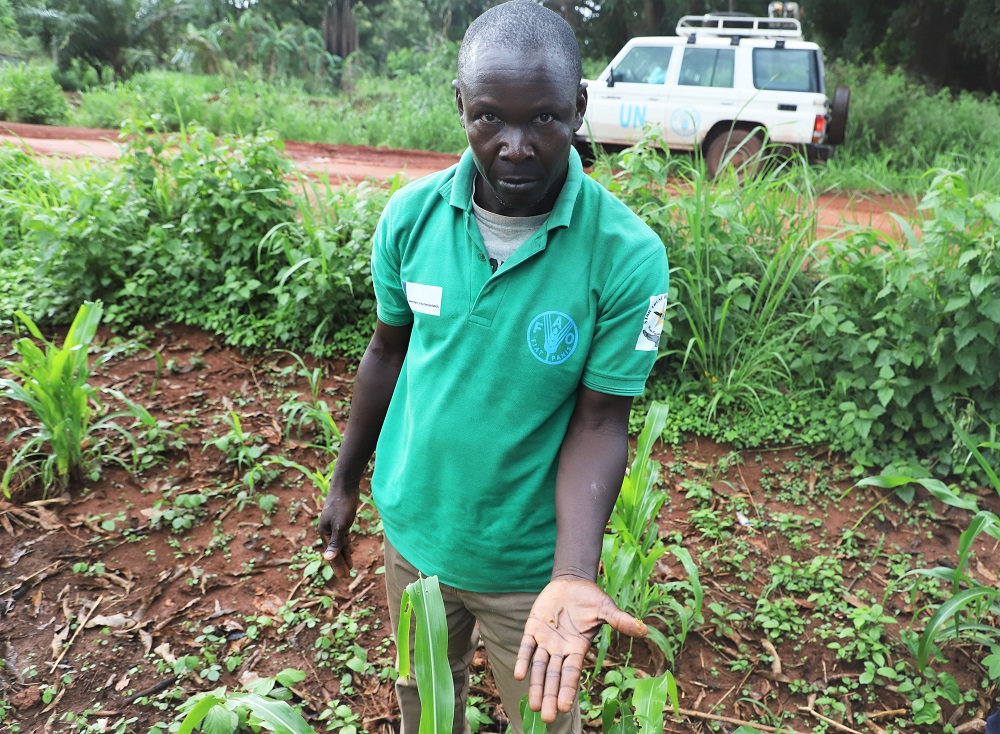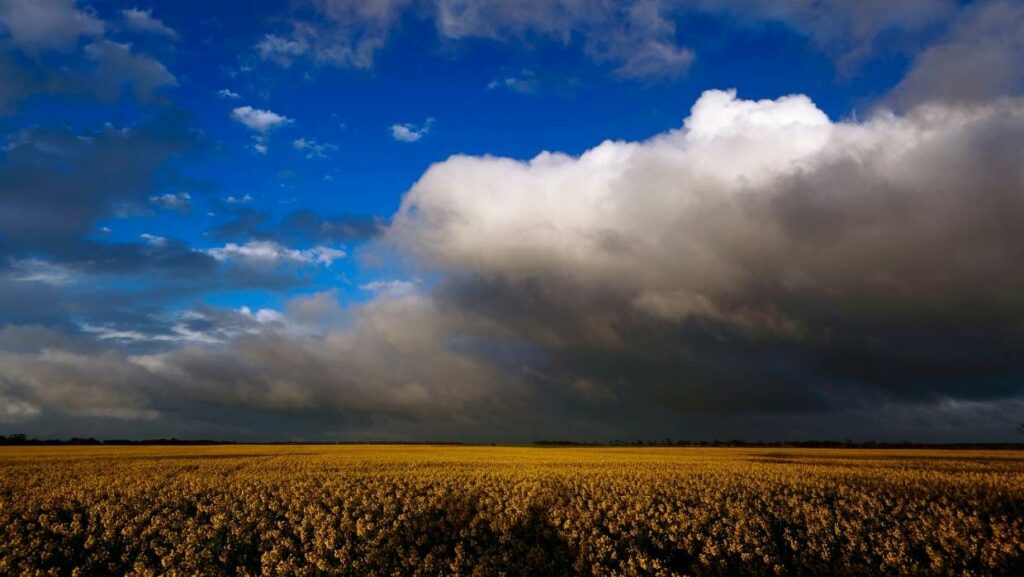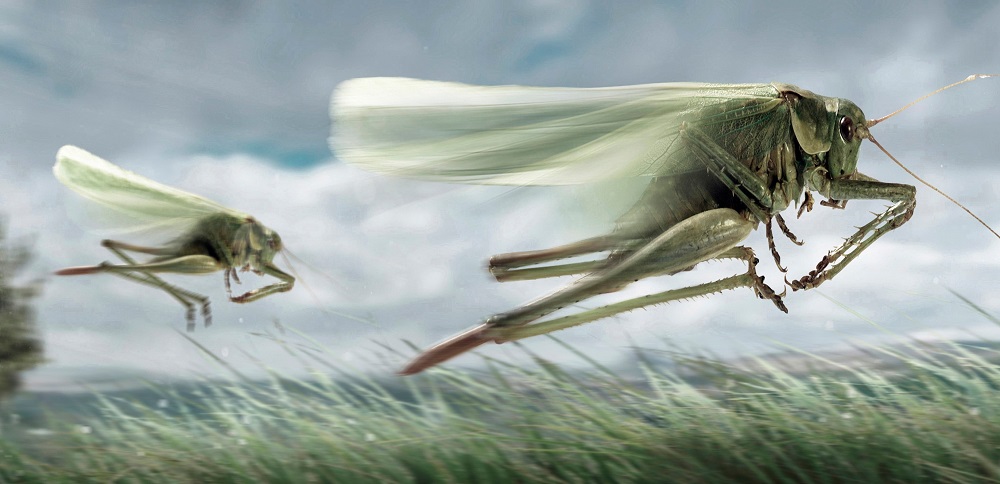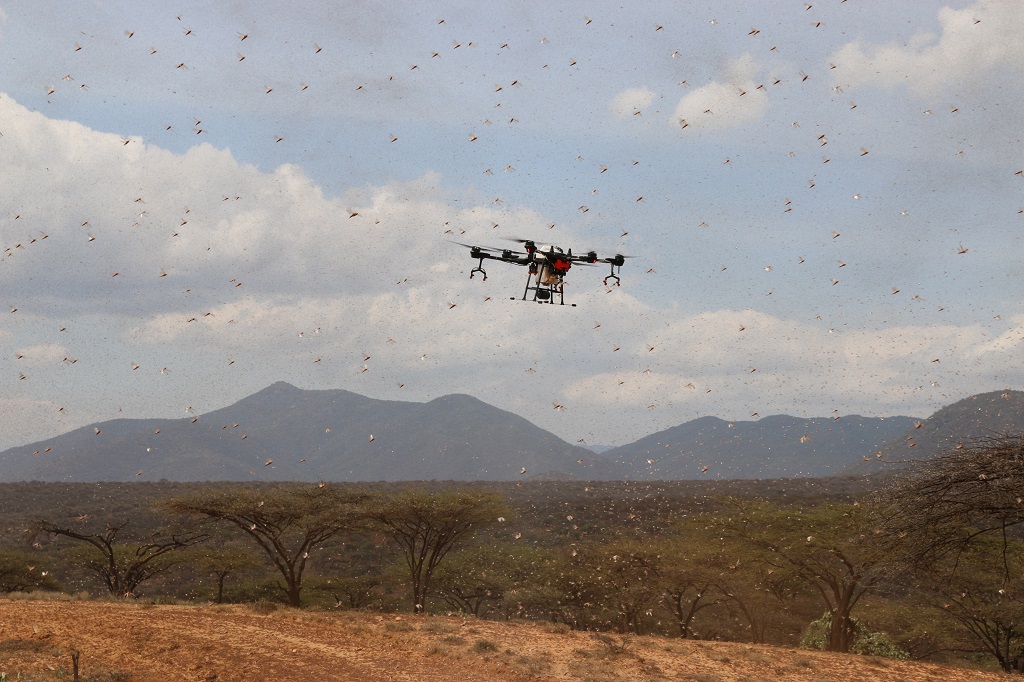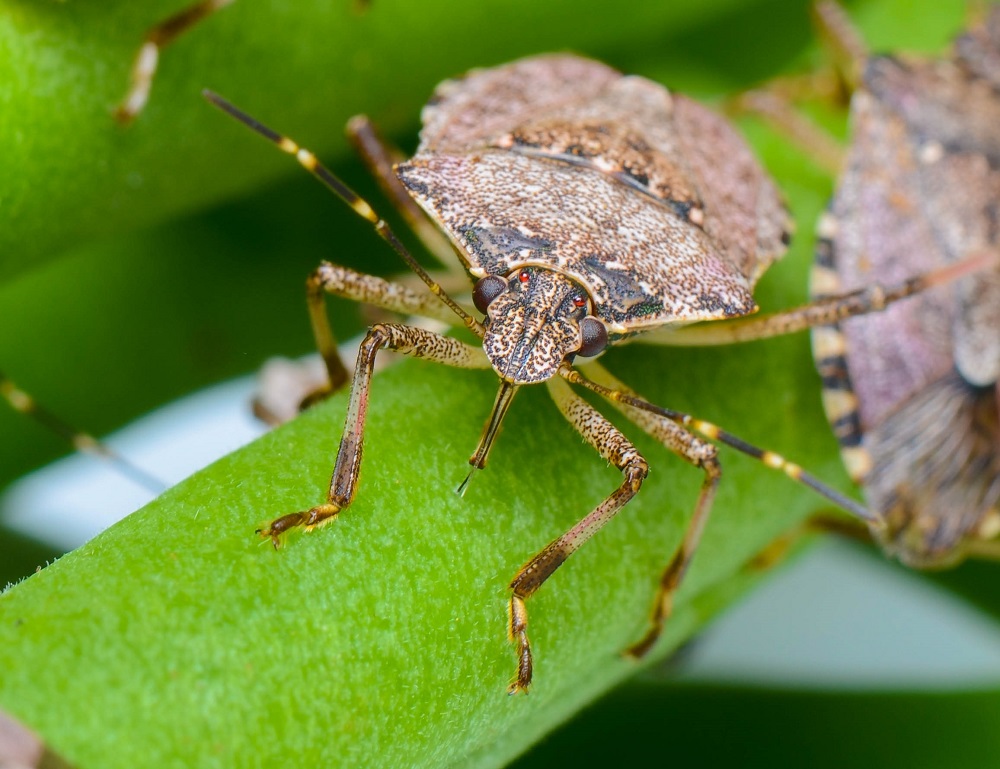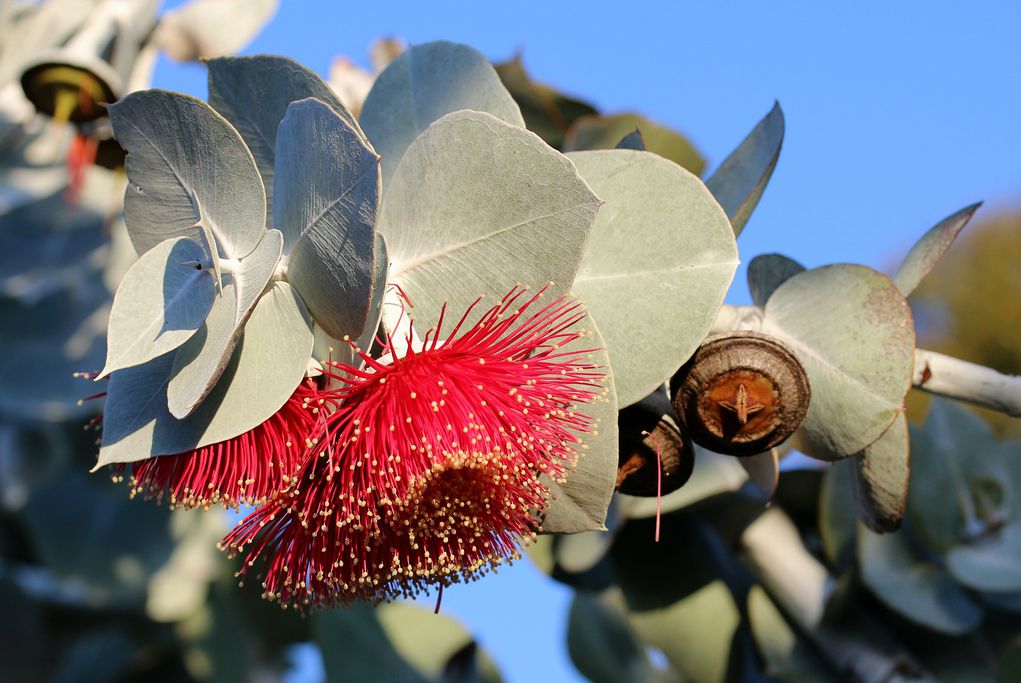Devilweed: the ‘green invasion’ that’s destroying biodiversity and livelihoods
In a new video from BBC Earth, CABI’s Dr Arne Witt tells us about the devastating impact of Chromolaena odorata, commonly known as ‘Devilweed’. As part of the BBC’s Our Green Planet initiative, the video raises awareness about the impact of invasive species on biodiversity and livelihoods.
On Earth Day, we take a look at the sustainable control of invasive species
Today is Earth Day – a day when people around the world show their support for environmental protection. CABI’s vision is for a world in which the agricultural sector is embedded in a healthy and climate resilient landscape with clean water and air, healthy soils and functional ecosystem services, and where biodiversity is safeguarded through…
Extreme climate change could ‘more than double’ areas suitable for devastating fruit and nut pest
Scientists fear that extreme climate change could ‘more than double’ areas suitable for the devastating fruit and nut pest – the brown marmorated stink bug (Halyomorpha halys) – which is already posing a significant risk to crops in Europe, North America and East Asia where it originates.

